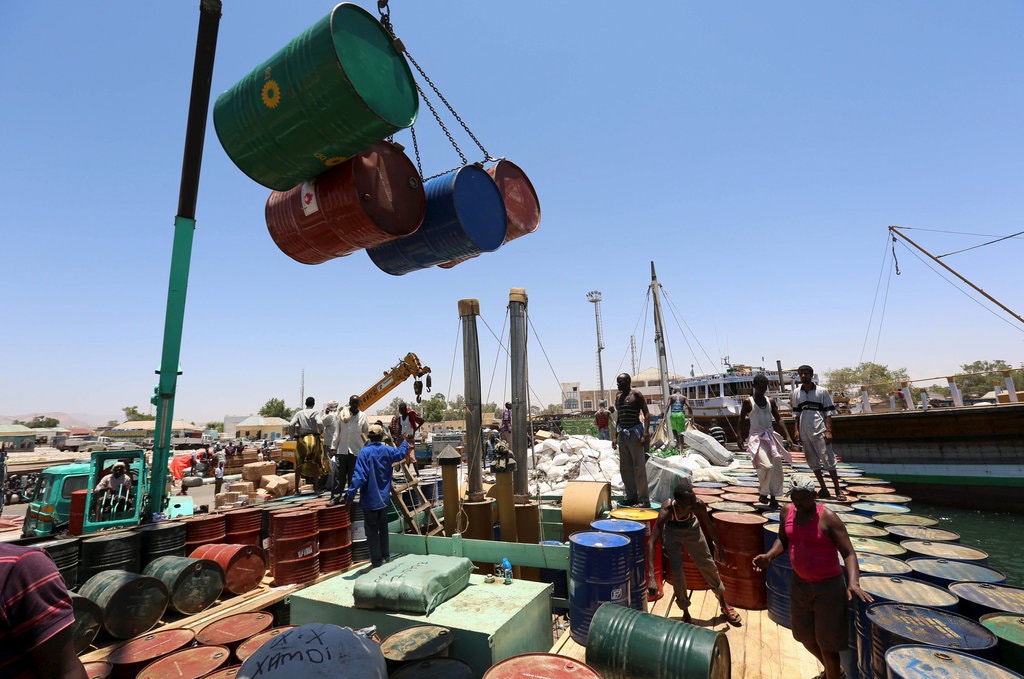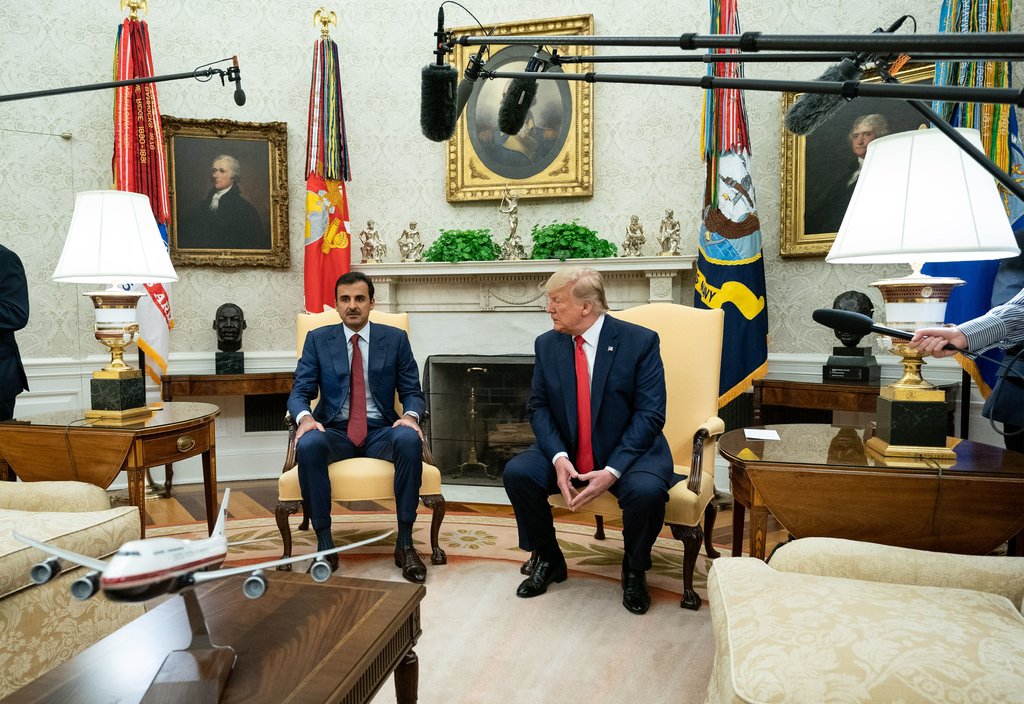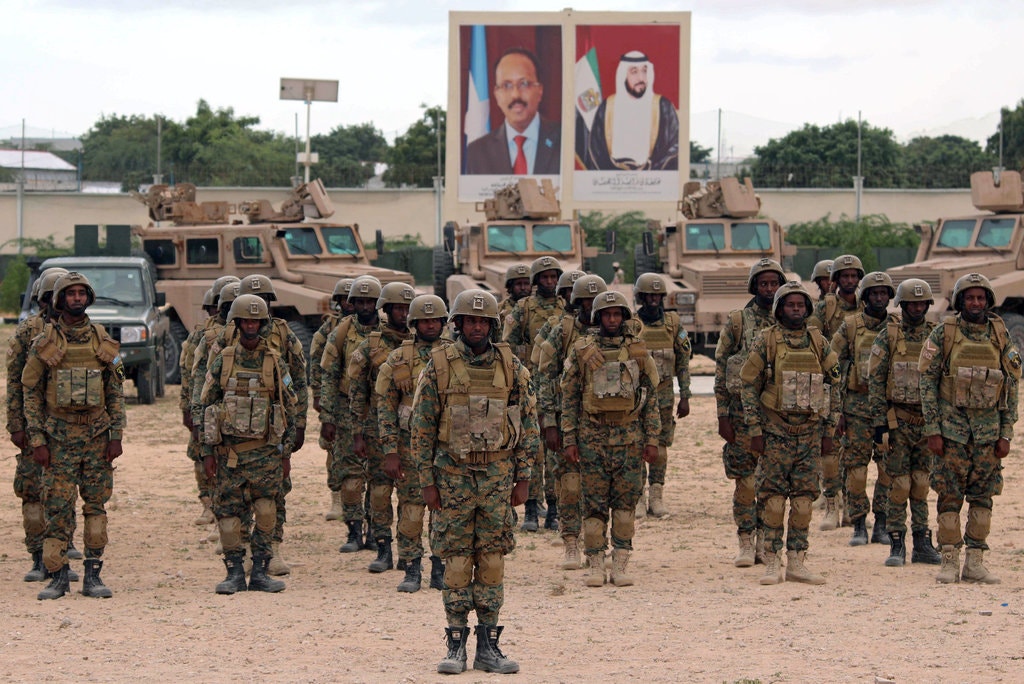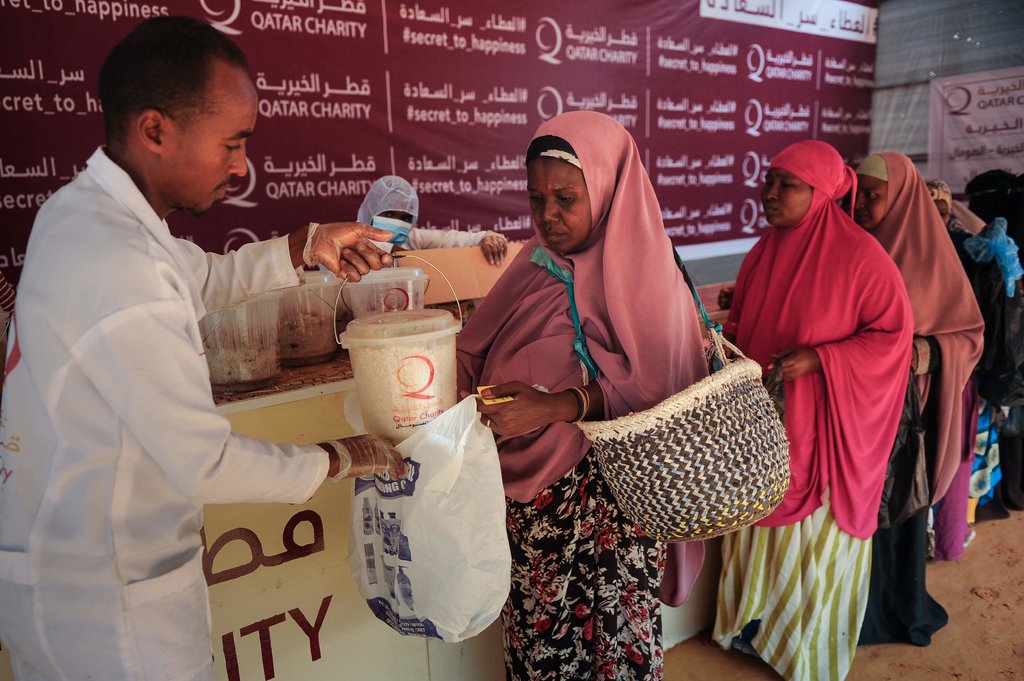Farm
VIP
This is a huge story.
Qatar has conspired with the FGS to killing Puntland civilians and soldiers and foreign workers.
Guess we know how Paul died.

AUN.
@Abdalla @Finesse @Reiko @Armadillo @GBTarmy @Crow @kickz @Tjioux @Tukraq @Thegoodshepherd @Boqor Quark Boqor Cisman @Yonis @DR OSMAN @Karim @Reer-Bari @FBIsomalia @MSGA
Last edited:










